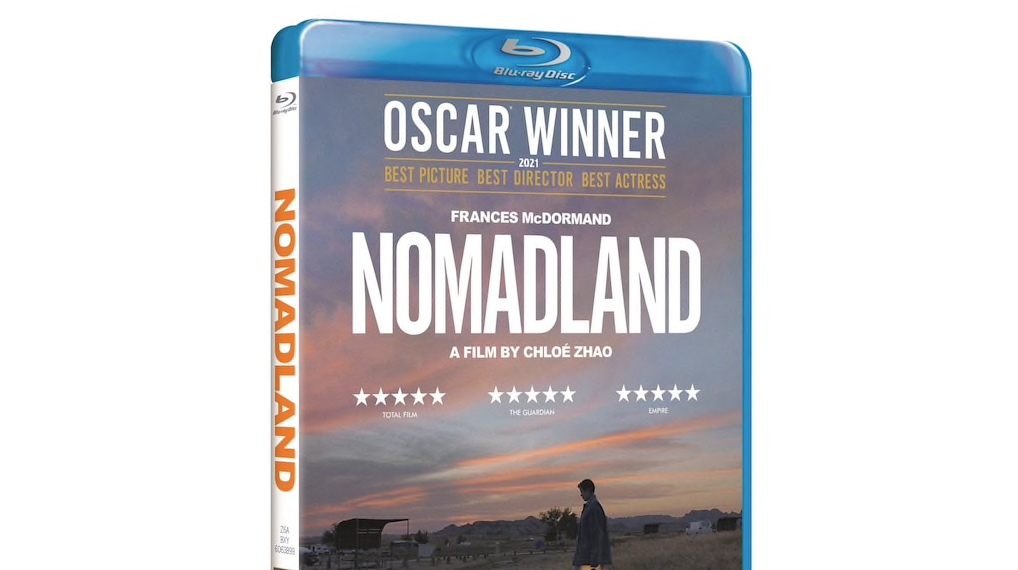TL;DR
Nomadland, a critically acclaimed Oscar winner, follows Frances McDormand as a modern-day nomad traveling the US. While the film features a documentary-like approach with real nomads and a powerful performance from McDormand, it struggles with narrative momentum and anticlimactic resolutions to potential conflicts. Despite high expectations, the film's focus often feels misdirected, leaving the audience yearning for deeper emotional engagement. Discover if this melancholic journey is worth your time in the full review.
When a film garners recognition in three major categories at the Oscars, expectations are understandably elevated. Upon learning that Nomadland received awards for Best Director, Best Picture, and Best Actress, anticipation grew significantly. Frances McDormand has been a celebrated actress since her role in Fargo (although her initial appearance was in Darkman, it did not leave a lasting impression). Her commanding presence and charisma are remarkable. Her performance in the exceptional film Three Billboard Outside Ebbing, Missouri remains a recent highlight.
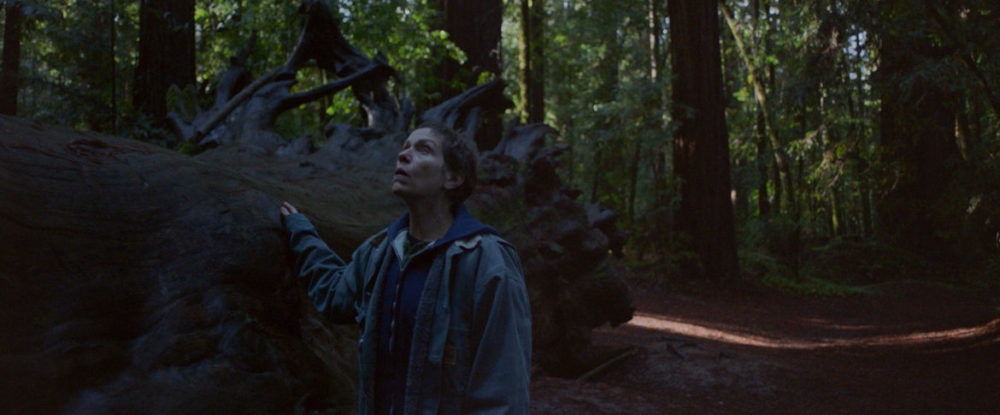
Fern (Frances McDormand), a widow, lives in her campervan, traveling across the USA for seasonal work. She encounters numerous individuals in similar circumstances – modern nomads – and the film chronicles a year of her life, marked by sorrow, joy, and a pervasive melancholy.
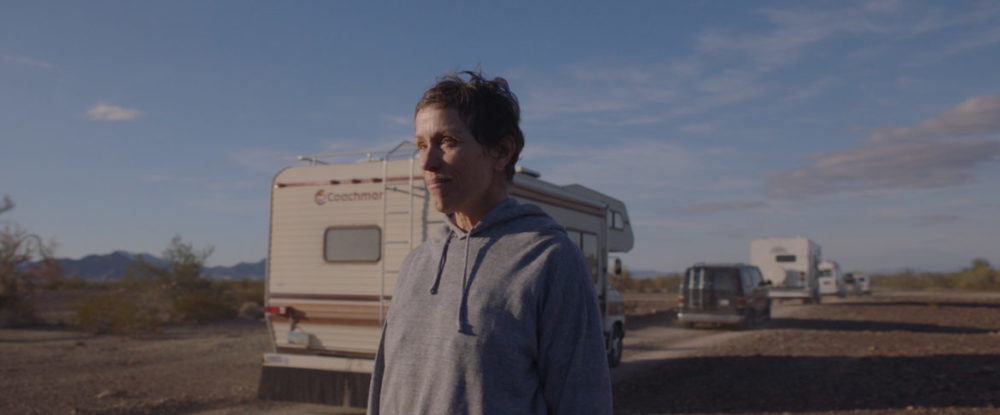
Unfortunately, Nomadland proved to be somewhat disappointing, precisely because it carried the weight of significant expectations. The film adopts an almost documentary-like style, featuring real individuals (non-actors) who genuinely live a modern nomadic lifestyle. Frances McDormand, along with David Strathairn (of Goodnight and Good luck), are the notable exceptions. Arguably, the film might have benefited from focusing on a single, authentic nomad and adopting a purely documentary approach.
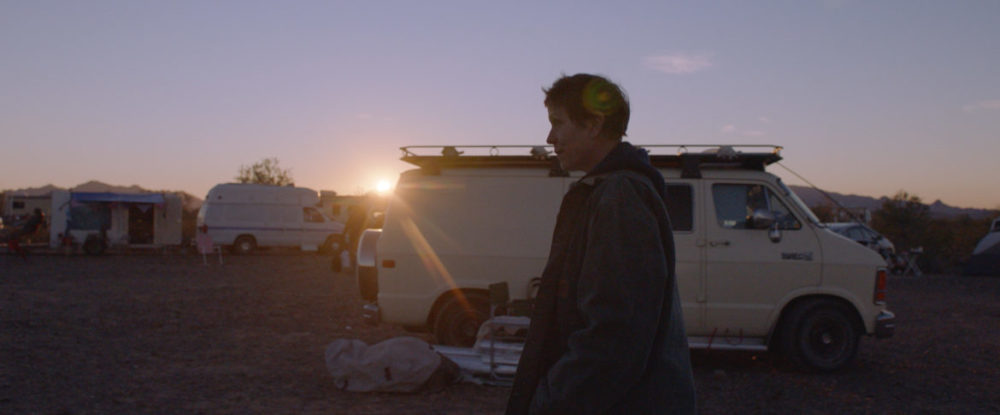
A central issue is that Nomadland struggles to establish narrative momentum. The film presents scenarios with the potential for conflict and hardship for the protagonist; however, these situations tend to resolve themselves with undue ease. For instance, when Fern encounters car trouble, she promptly visits her sister, secures funds for repairs, and the issue is resolved. Initial concern regarding her predicament quickly gives way to anticlimactic resolution.
Several scenes hold the potential for emotional resonance, but ultimately fall short. For example, when Fern finally shares the circumstances surrounding her husband’s passing, the narrative focus shifts abruptly to the problems of another, less familiar character, hindering the audience’s ability to fully empathize.
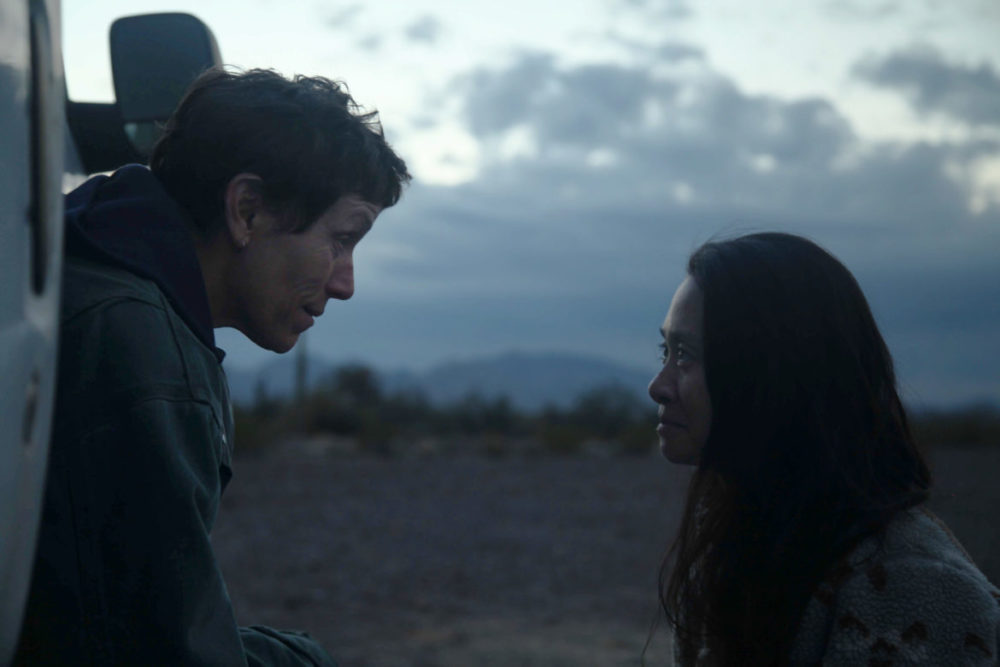
Nomadland is based on a book, and several of the individuals portraying themselves are featured within its pages. Their roles may be more developed and impactful in the book, but in the film, the narrative focus often feels misdirected.
The Blu-ray edition delivers the expected high-quality visuals and satisfactory sound. As a dialogue-driven film, the audio is consistently clear and well-mixed. The release also includes supplementary materials, most notably a live interview with the principal cast and the Oscar-winning director, Chloé Zhao.
In conclusion, Nomadland was a disappointment. It promised a more emotionally engaging journey than the melancholic and somewhat languid experience it ultimately delivered. Therefore, the film receives a favorable, but not exceptional, rating.
